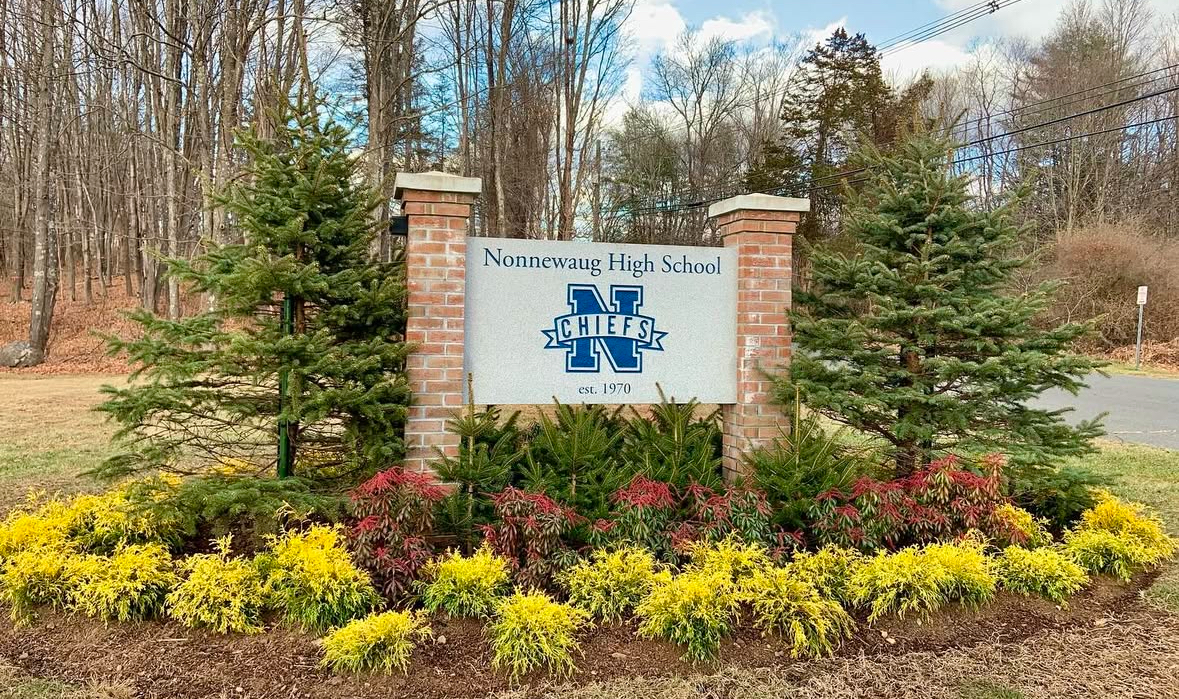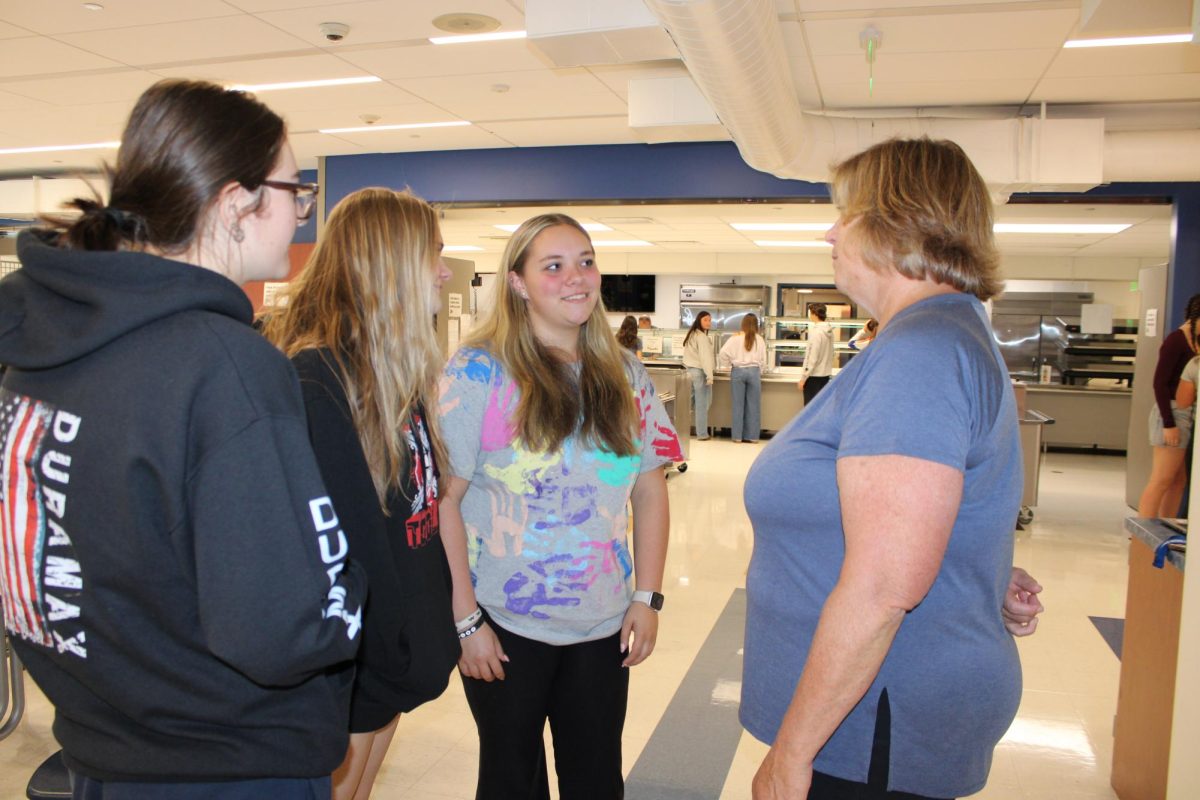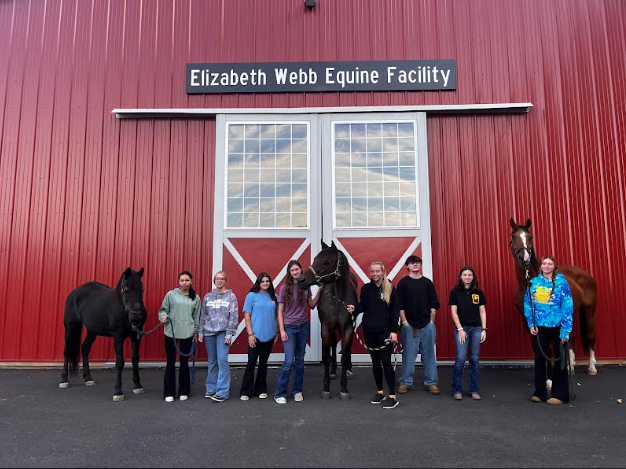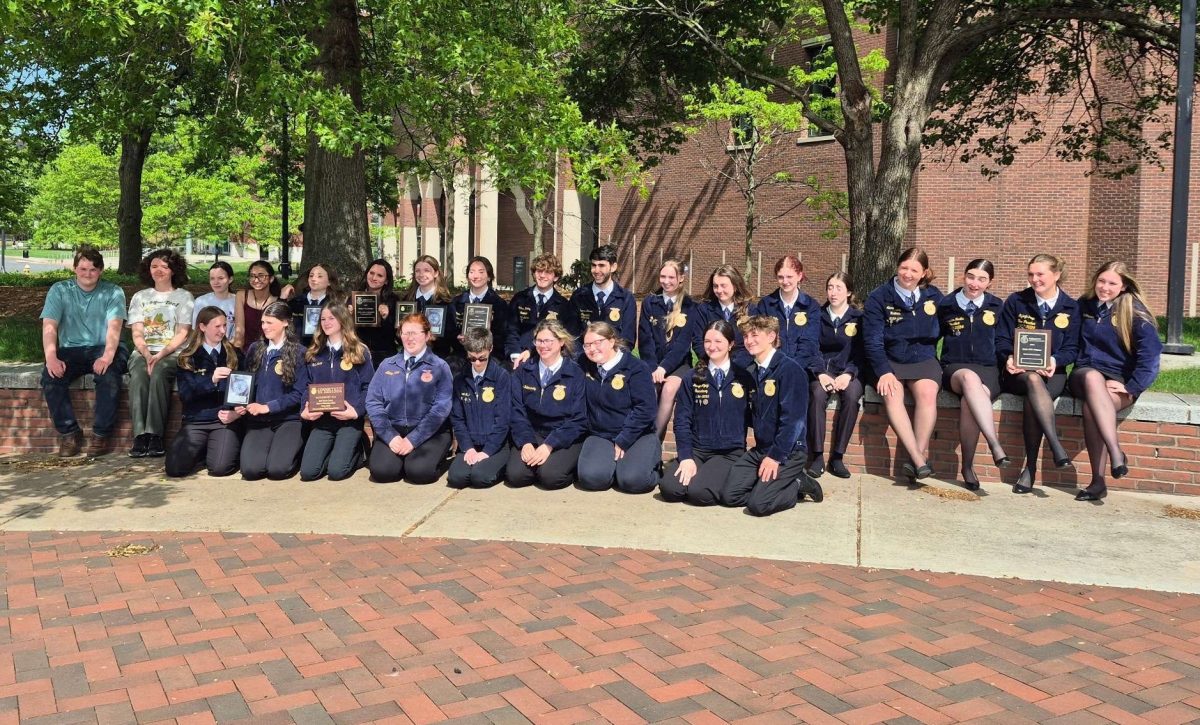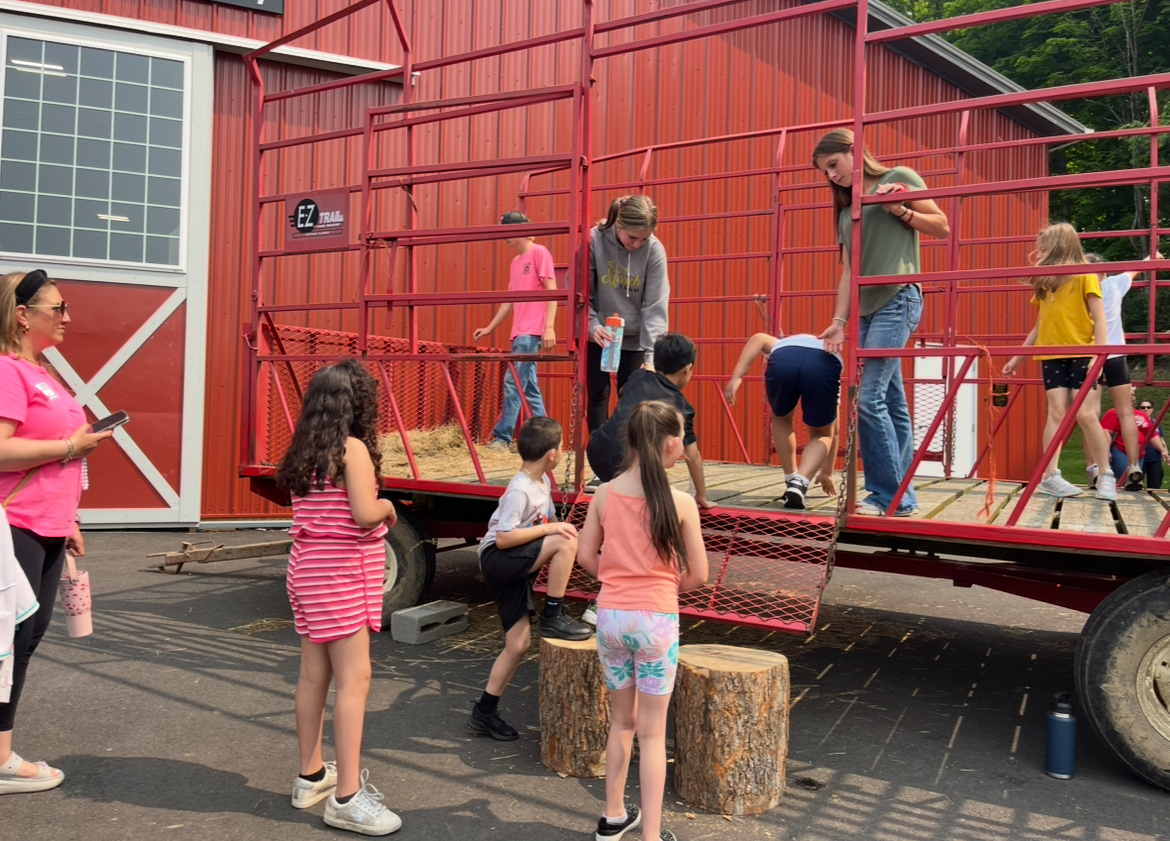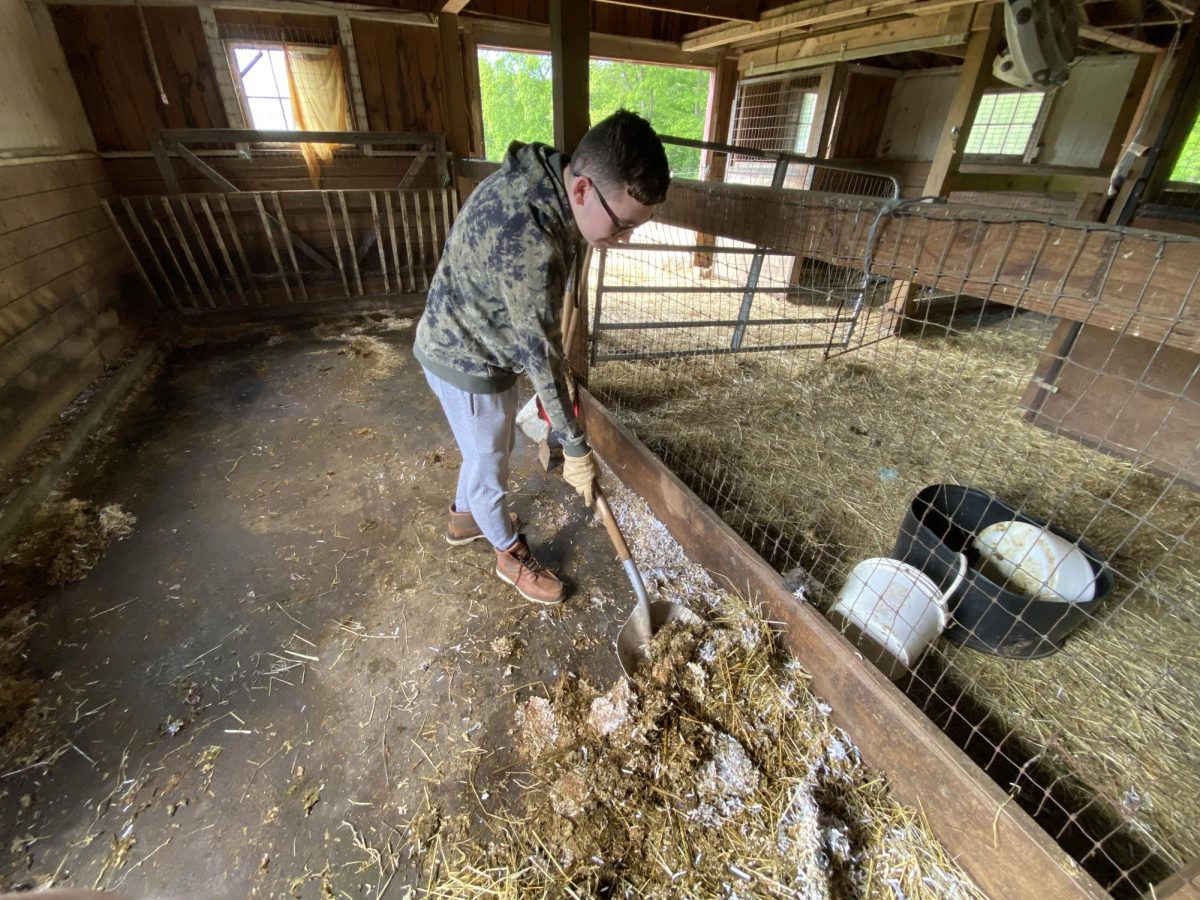WOODBURY — With colder temperatures and a curriculum that depends on being outdoors, how do agriculture classes spend their time? Landscaping and Natural Resources classes thrive off being outside and having a hands-on approach. Teachers have interesting lesson plans to keep students entertained and engaged in the colder months.
“The landscape industry follows the same schedule as we do in winter,” said Jennifer Plasky, Nonnewaug’s Landscaping teacher. “Winter is a time of planning for the next season and make business improvements.”
Agriculture classes are figuring out how to stay productive while the temperatures outside aren’t cooperating. Landscaping takes a very realistic approach as the industry does the same. Other agriculture classes have a different approach.
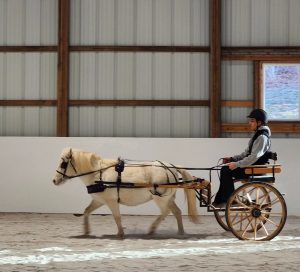
“It’s much harder to do chores and dumping manure down to the lower barn,” said Nicole Perssico, a senior Horse Management student. “Additionally, the hoses freeze so we have to carry a lot more water from inside for the horses.”
The reality of agriculture is that it still needs to get done and animals still need to be cared for when the weather conditions are not ideal. When horses need work in these conditions students don’t give up because they are cold or don’t want to do it animals must still get cared for. This philosophy applies to the industry for topics like horse management. In class students are taught to carry on with the work no matter what is what students would need in the industry. In natural resources the circumstances also follow real-life scenarios.
“Sap flow usually occurs in the late winter/early spring,” said Lee McMillan, Nonnewaug’s Natural Resources teacher and ag program director, “so we must adapt to the cold weather –– we have no choice.”
When resources are viable in the cold the opportunity needs to be taken. Therefore, Natural Resources bears the cold weather and continue to take advantage. Students in these outdoor-based classes may have a different take on how exciting classes are in the winter.
“Being in landscaping when it’s cold does kinda suck,” said Raymond Lomax, a senior Landscaping student. “As we get less hands-on time, we are still learning important things but it’s more fun in fall and spring.”
Being an agriculture education program in Connecticut has its fair share of advantages and disadvantages. Being able to tap for sap is unique to the northeast while programs in southern states may continue outdoor activities longer. Being ready for the weather is the deal breaker.
“We prepare by being prepared,” said McMillan. “This means wearing extra layers, wearing insulated gloves- the students have invested in hot hands, wearing proper boots, etc.”



